At Hills of Africa Travel, we believe that travel should leave a positive footprint, not just on the traveler, but on the people, communities, and environments they visit.
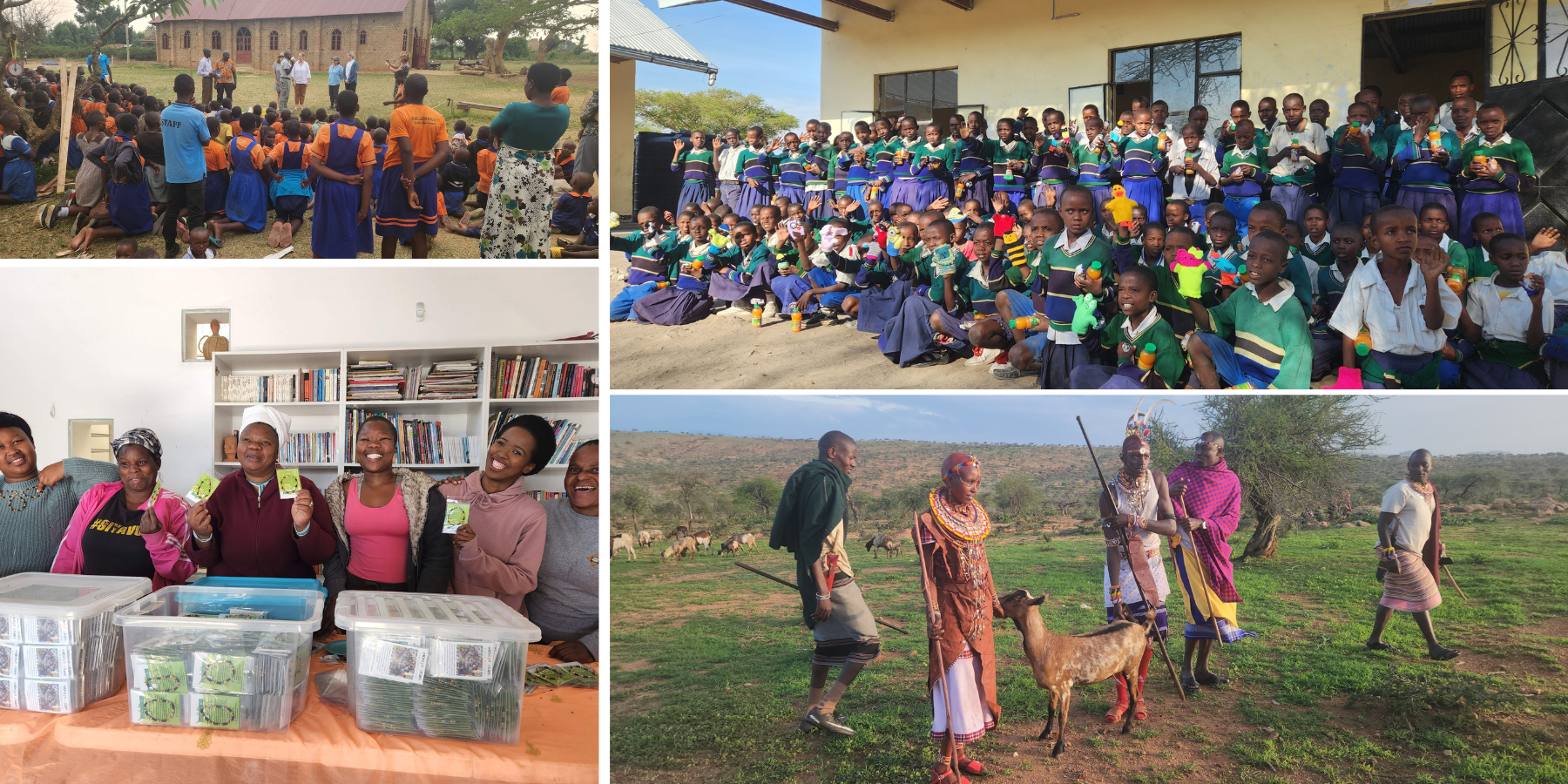
For many countries across Africa, tourism has the power to drive economic growth, but it takes more than just visitors. Sustainable progress is fueled by companies and properties that are deeply committed to giving back to their communities, to conservation, and a more equitable future.
That’s why we only partner with accommodations, tour operators, and organizations that uphold high standards of sustainability. These partners hire and train local experts as safari guides, chefs, butlers, groundskeepers, and more — investing in people and providing real opportunities for economic advancement and community upliftment. Many of them also go beyond hospitality, supporting local artisans through gift shop sales, leading wildlife conservation efforts, and establishing community development programs that make a lasting impact.
We’re proud to be the first U.S.-based operator to offer Fair Trade in Tourism South Africa (FTTSA) itineraries. The Fair Trade in Tourism South Africa (FTTSA) is a nonprofit organization committed to applying Fair Trade principles to the rapidly growing tourism sector in South Africa. We hold all of our partners to the same high standards, choosing to work only with those who treat their people well, care for the planet, and operate with integrity at every level.
Organizations We Support
We also believe in giving back directly. That’s why Hills of Africa Travel donates to and partners with a growing list of incredible organizations doing meaningful work in Africa. Each of them plays a vital role in creating a more sustainable future. Although this isn’t a complete list of all the organizations we support, we encourage you to learn more about these featured organizations and the stories behind their missions below.
Save Wildlife Uganda
Wildlife Uganda is one of the organizations near and dear to our hearts here at Hills of Africa. Our owner and founder, Sandy Salle, was one of the original creators of this organization. In March 2021, two men decided to intentionally poison six of Uganda’s tree-climbing lions. This incident was not only a crime against the country’s natural heritage and to the tourism industry, but also to those members of the local community that realize the value of wildlife. The men were later sentenced for 8 1/2 years for this incident. From the ashes came beauty, as the Save Wildlife Uganda was created. It has not only helped the wildlife-local relationships by installing lights to deter lions from bomas (and keeping the peace between the wildlife and local people), they have also established a community center, empowered women and former poachers with skills to help them earn an income while protecting Uganda’s precious heritage, and help provide supplies and funding for Queen Elizabeth Nursery School. You can see more about all the great things this organization is and continues to do, as well as donate here.
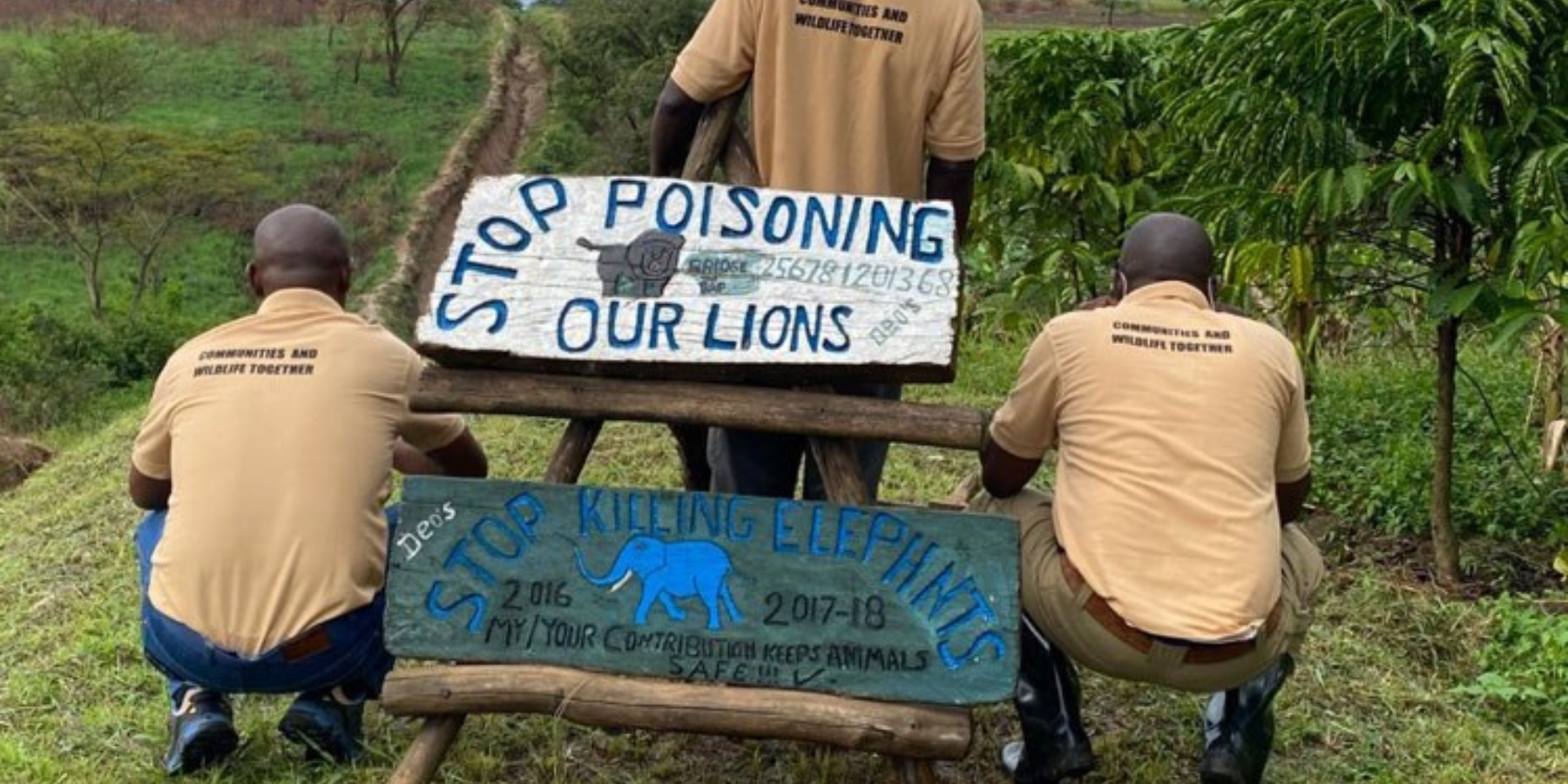
Uthando
Uthando South Africa offer Philanthropic Educational Excursions, that take visitors to the townships in the eastern part of Cape Town to witness inspiring stories of the community development projects and activists working to create positive social change, triumph over adversity.
You’ll get a comprehensive look at the role of apartheid and inequality played in the creation of these communities, as well as insight into the challenges that continue to face those who live here. But the story doesn’t end there, as the excursion moves on to show several of the diverse community projects that are actively solving these problems, by focusing on urban agriculture, animal welfare, youth development, education, refugee assistance, the environment, economic empowerment, prisoner rehabilitation, and much more. You’ll end your excursion filled with a sense of renewed faith in the good in the world.
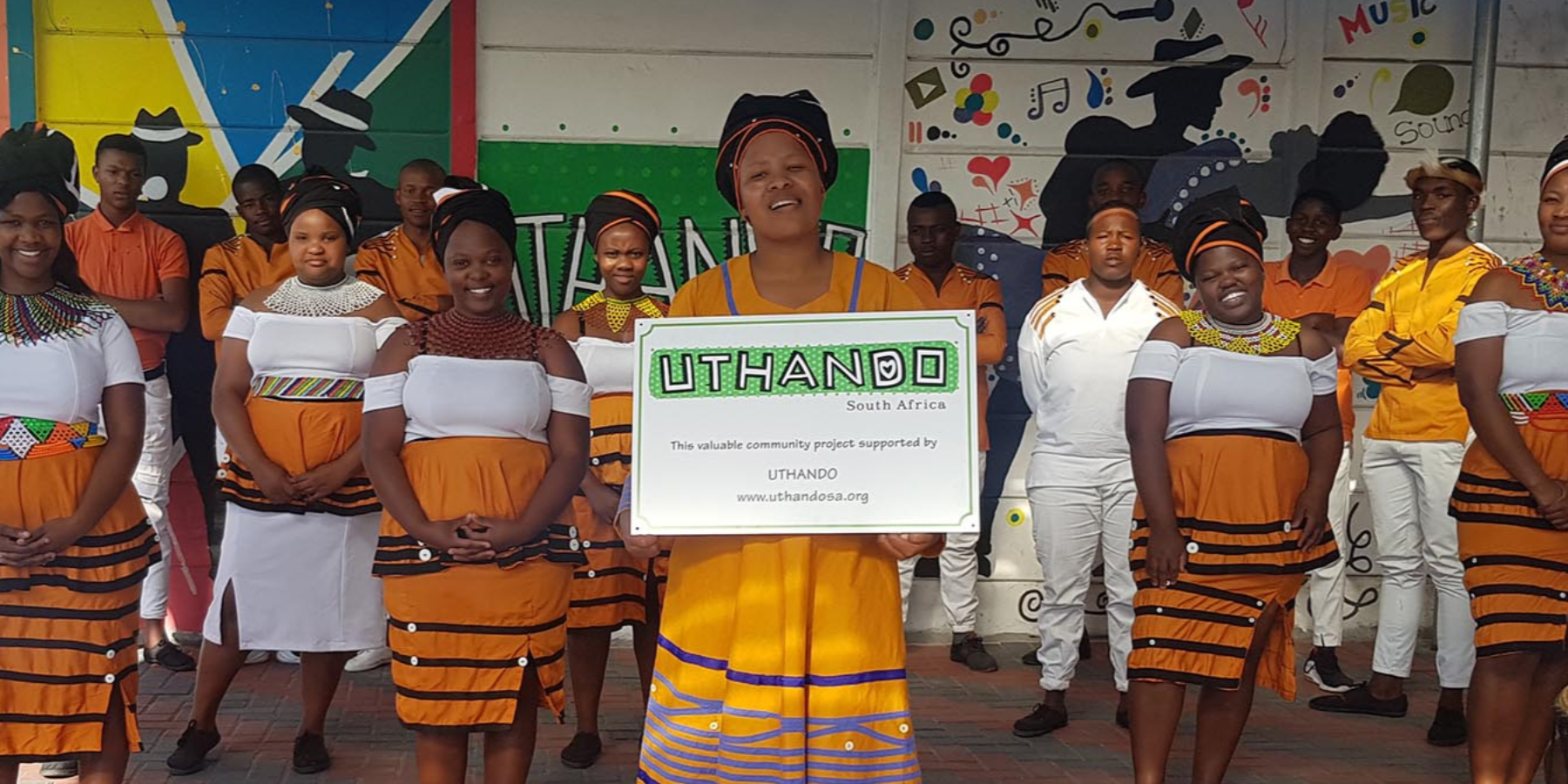
The Bushcamp Company
The Bushcamp Company, established in 1999 by Andy Hogg, operates a collection of intimate safari camps and Mfuwe Lodge in Zambia’s South Luangwa National Park. Central to their mission is the belief that supporting local communities is essential for effective wildlife conservation. This philosophy is embodied in their “Charity Begins at Home” initiative, which encompasses a range of programs aimed at improving the well-being of nearby communities.
Education is another cornerstone of their community engagement. The Bushcamp Company supports over 1,000 children annually, having constructed 34 classrooms, four dormitories, and other essential facilities. Their “Meal-a-Day” program ensures that more than 3,150 schoolchildren receive a nutritious meal each day, addressing both hunger and educational attendance.
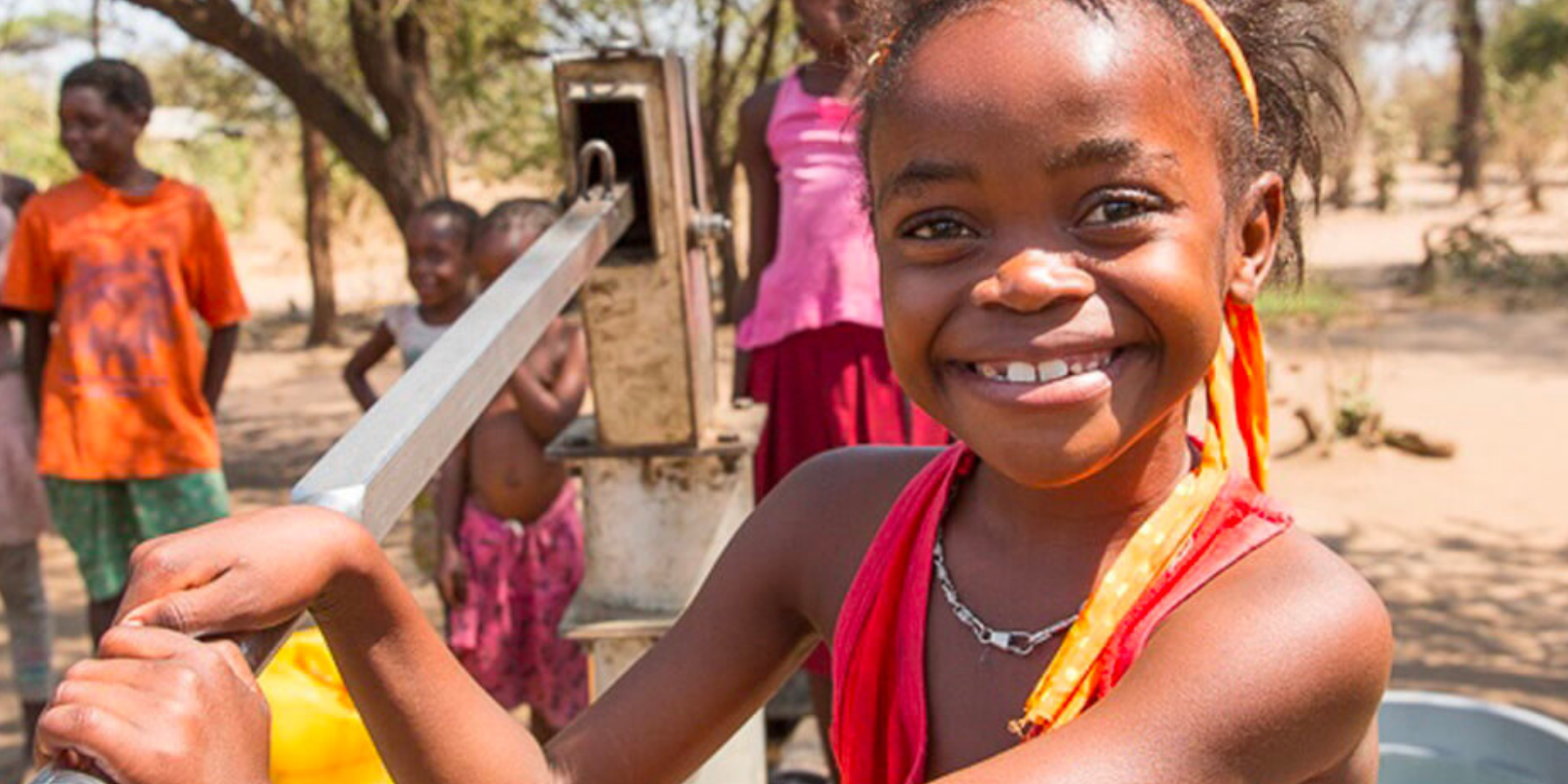
Victoria Falls Anti Poaching Unit
The Victoria Falls Anti-Poaching Unit (VFAPU) is a non-profit organization based in Victoria Falls, Zimbabwe, focused on protecting wildlife and natural resources from the threats of poaching. Founded in 1999 by local conservationist Charles Brightman in partnership with the Victoria Falls Safari Lodge, VFAPU was created in response to the increasing levels of poaching in the region. What began with just three scouts has now grown into a well-established team of 17 full-time scouts who patrol approximately 50 square kilometers around Victoria Falls, working tirelessly day and night to safeguard the area’s diverse wildlife.
VFAPU takes a holistic approach to conservation by combining active field patrols with community education and strong partnerships. The team works closely with the Zimbabwe National Parks and Wildlife Management Authority and the Zimbabwe Republic Police to coordinate anti-poaching operations. Over the years, VFAPU has removed more than 22,500 snares from the bush and has apprehended over 350 poachers, significantly disrupting illegal wildlife trafficking in the region. In addition to direct enforcement, they also rescue and rehabilitate animals injured by snares and other forms of human interference, with the goal of returning them safely to the wild.
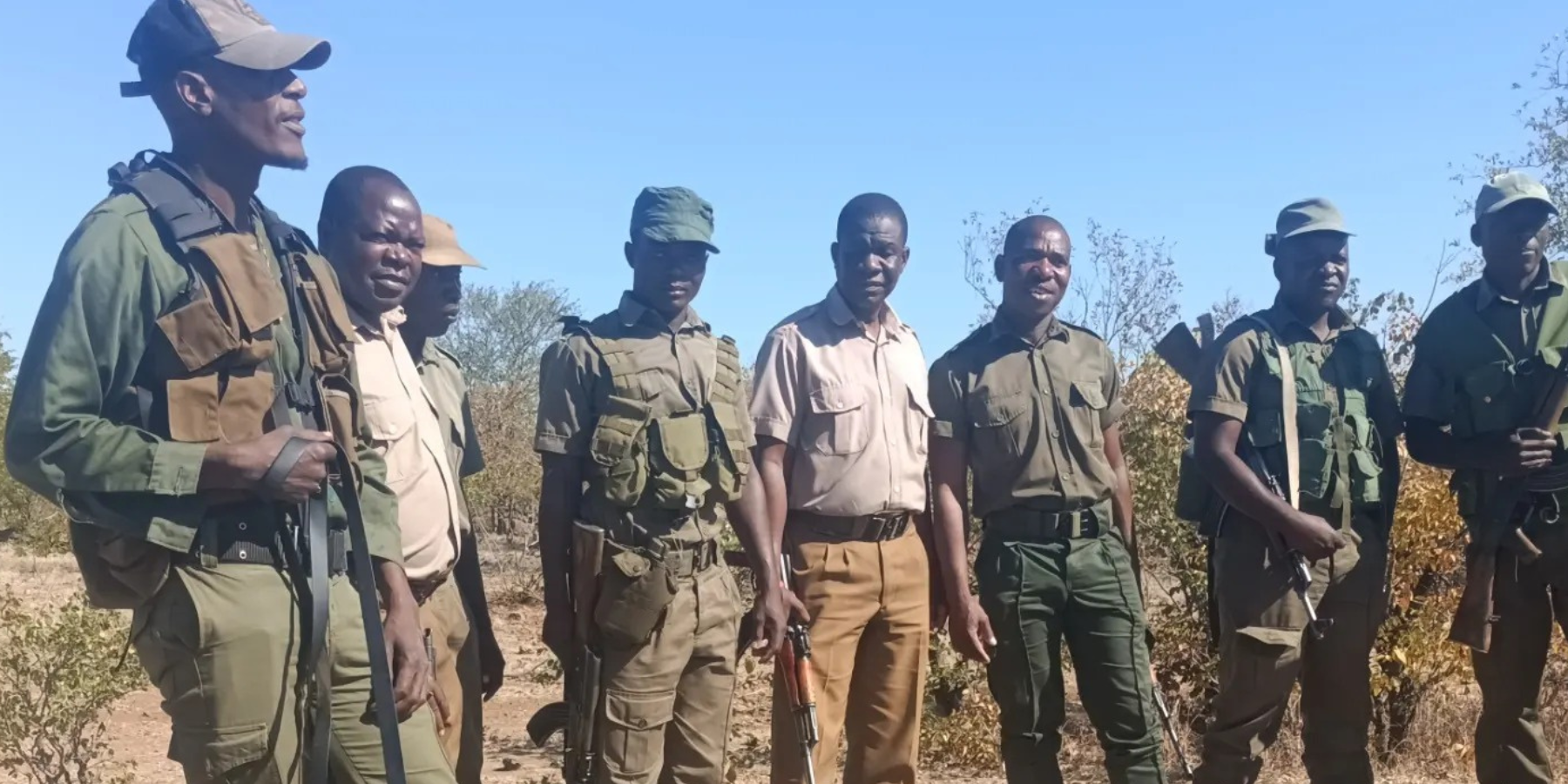
Save the Rhino Trust
Save the Rhino Trust Namibia (SRT) works tirelessly to protect the last, free-roaming population of black rhinos in the world.
Their mission is to protect the desert-adapted black rhino in order to ensure security for these and other wildlife species, a protected habitat, and a sustainable future for local communities long into the future. Save the Rhino Trust is a leader in working with and offering incentives to communities to share in the long-term benefits of successful conservation strategies. Black Rhino conservation continues to provide benefits through sustainable eco-tourism on community land, thereby increasing livelihood opportunities and incentives for local people to improve conservation measures.
Save the Rhino Trust works with Government facilitating black rhino conservation initiatives, unifying the local communities, NGOs, donors and other national and international partners to ensure the long- term survival of the species, the wilderness and the people.
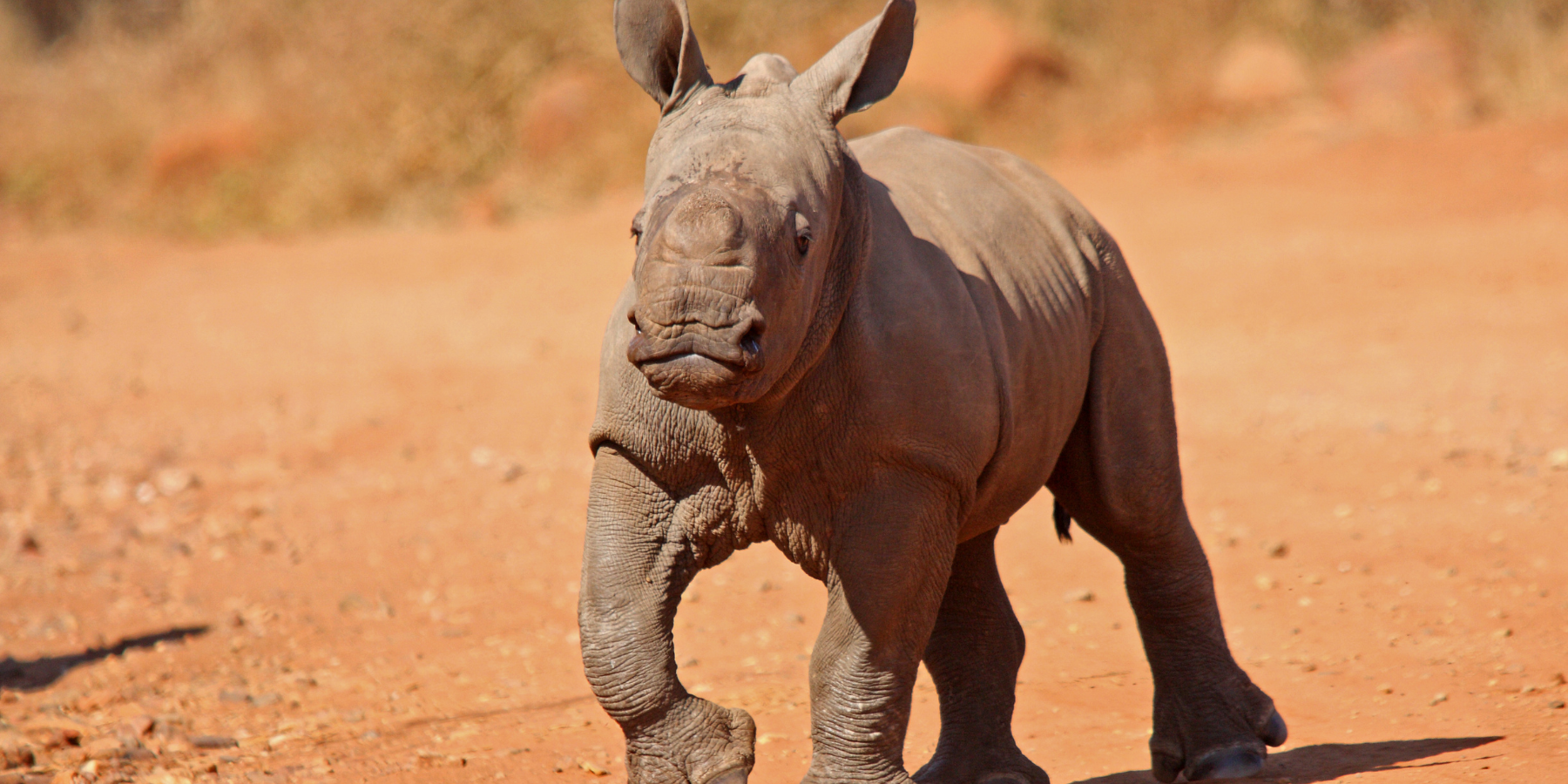
David Sheldrick Wildlife Trust
The Sheldrick Wildlife Trust (SWT), formerly known as the David Sheldrick Wildlife Trust, is a renowned conservation organization based in Kenya, dedicated to the protection of Africa’s wildlife and habitats. Best known for their work to protect elephants, the Sheldrick Wildlife Trust (SWT) operates the most successful orphan elephant rescue and rehabilitation program in the world.
Over the years, the Trust has successfully raised more than 320 orphaned elephants, many of whom have been reintroduced into the wild. The organization operates a nursery in Nairobi National Park, where young orphans receive round-the-clock care, including specialized milk formulas developed by Daphne Sheldrick herself. You can visit the conservation, watch a feed session, stay at one of their eco lodges, shop, donate, or even adopt an elephant – all ways to help with their organization. This is truly one of those places that will make you feel good.
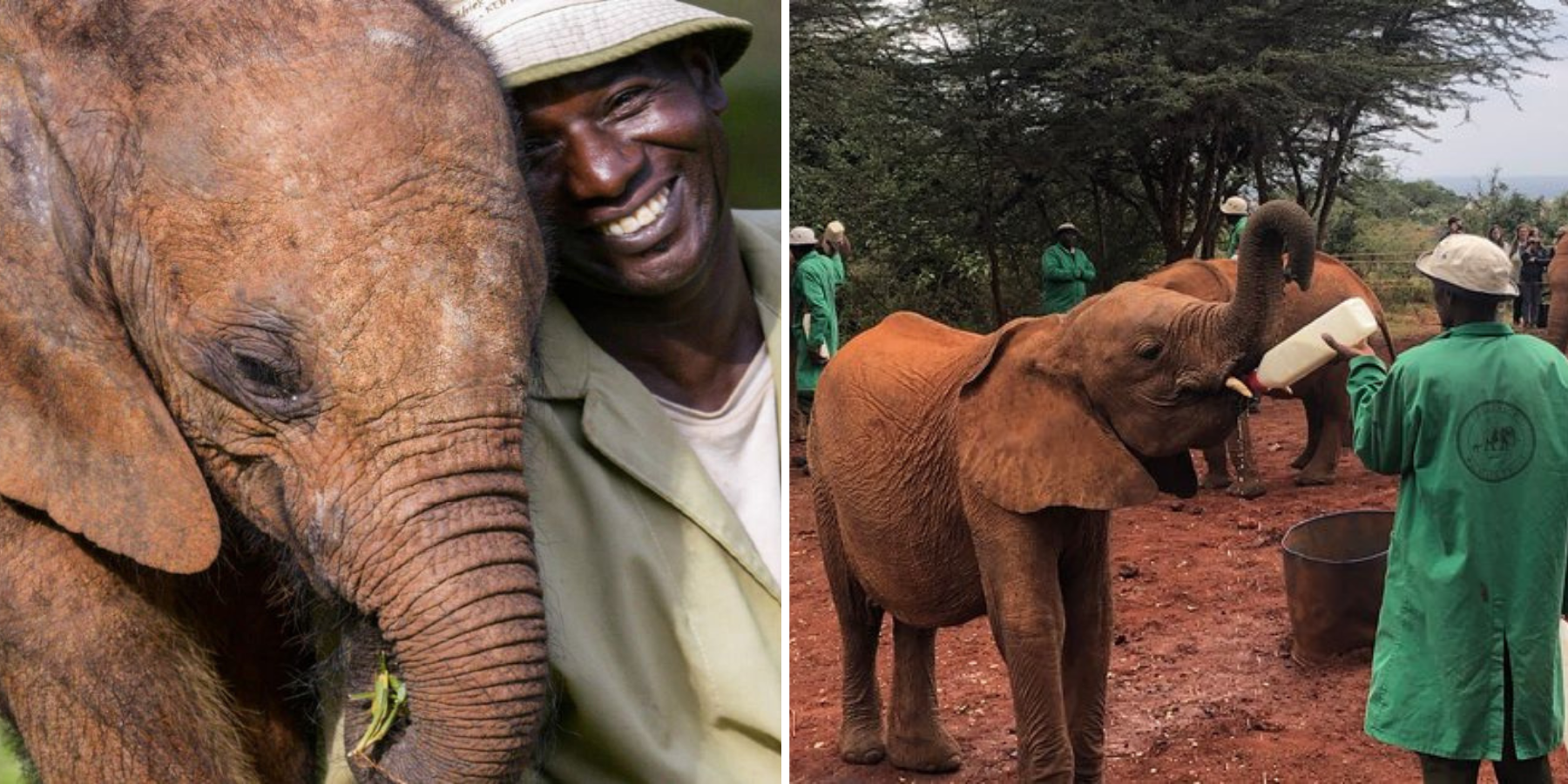
Ride 4 A Woman
Ride 4 a Woman is a Ugandan non-profit organization founded in 2009 by Evelyne Habasa and her husband, Denis Rubalema, in the village of Buhoma near Bwindi Impenetrable National Park. The organization was established to empower women facing challenges such as poverty, domestic violence, HIV, single motherhood, and limited access to education. Inspired by Evelyne’s mother, who raised eight children under difficult circumstances, Ride 4 a Woman began by renting bicycles to tourists, using the proceeds to support local women—hence the organization’s name.
Over time, the organization expanded its initiatives to include skill-building programs in sewing, basket weaving, traditional cooking, and dance. Currently, Ride 4 a Woman supports over 300 women from 11 surrounding villages. Approximately 60 women work daily at the organization’s center, producing handmade products sold in their shop. These women receive meals, a safe working environment, and biweekly salaries.
Looking ahead, Ride 4 a Woman aims to establish a primary school that emphasizes inclusive education, environmental conservation, and practical learning. The organization also operates a guesthouse and restaurant, with 50% of the proceeds supporting its various programs. Visitors can engage in cultural activities such as basket weaving, traditional cooking, and dance, providing an immersive experience while contributing to the community’s development.
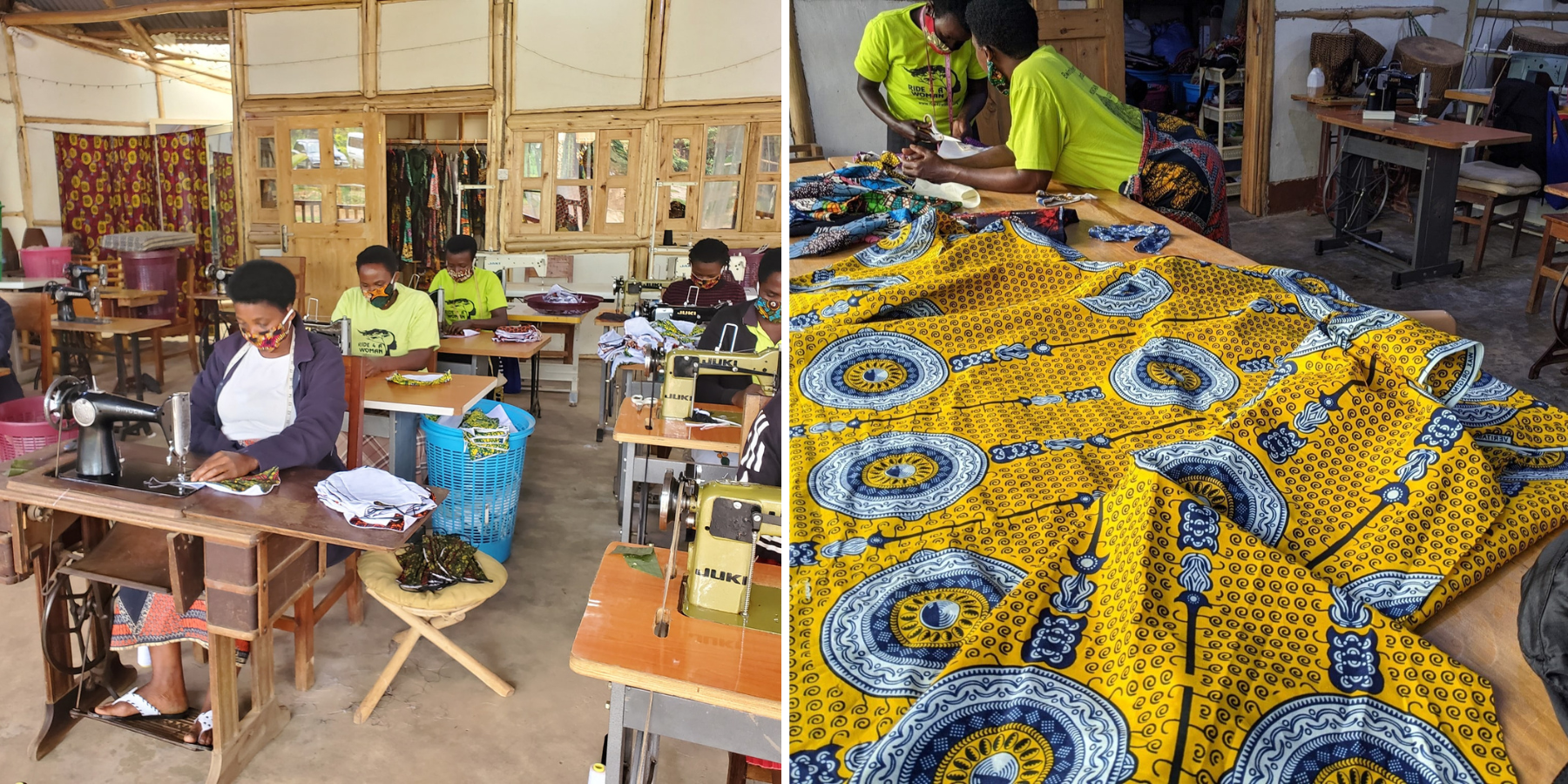
African Bush Camps Foundation
African Bush Camps Foundation is a non-profit organization that has been working alongside African Bush Camps since 2006. The Foundation operates in the areas in which African Bush Camps resides and proactively partners with local communities and other organizations to support critical community empowerment, education, and conservation projects. In doing so, the Foundation facilitates human-wildlife coexistence and the protection of species and landscapes.
Our collective Purpose at African Bush Camps and African Bush Camps Foundation is to share and conserve Africa, together. We believe that this mission most accurately reflects the symbiotic relationship that exists among conservation, communities, and sustainability. Our model of positive impact is therefore based on these three intertwined and mutually supportive focus areas: education, community empowerment, and conservation.
In Botswana, Zambia and Zimbabwe, you can visit multiple community villages, see the schools, clinics, volunteer in certain areas, shop in local villages, and tour the projects, such as the ranger program – anti-poaching unit, that they are currently working on.
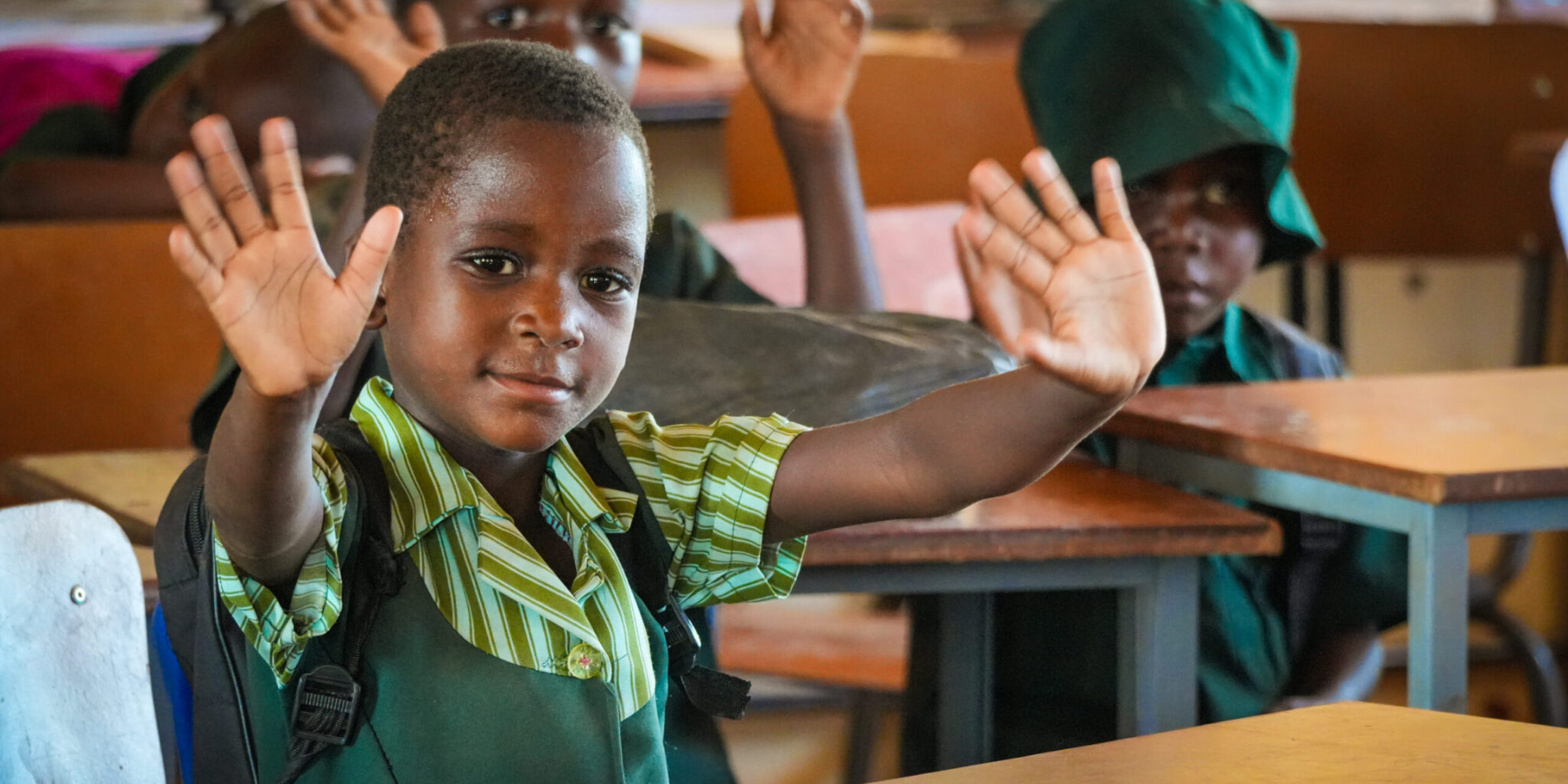
Sustainable travel isn’t just a trend for us — it’s a responsibility and a promise. By supporting these organizations and choosing partners who do the same, we’re building a future where travel uplifts, protects, and preserves. We’re proud to stand beside these changemakers and proud to travel with clients who care.

